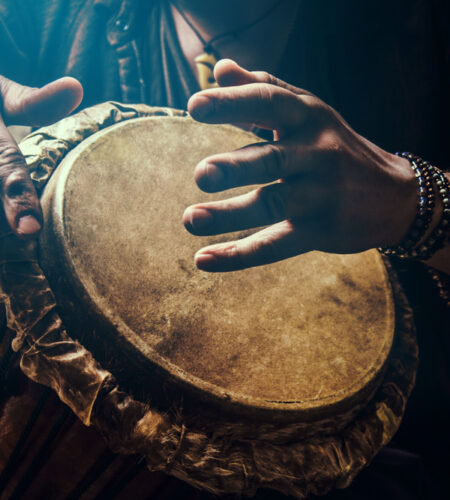Music, in its myriad forms, is a universal language that transcends borders and connects hearts. It is not just an art form but a cultural narrative, telling stories of people, their history, traditions, and emotions. Cultural music appreciation and study offer a window into this world, allowing us to explore and understand the diverse musical traditions that enrich our global heritage. For music lovers, students, and enthusiasts, this journey is not only educational but also deeply enriching, opening doors to new sounds, rhythms, and perspectives.

At the heart of cultural music appreciation is the exploration of music from different parts of the world. Each culture brings its unique flavor to music, influenced by its history, geography, and social fabric. From the classical ragas of India and the haunting melodies of the Middle East to the rhythmic drumming of Africa and the soulful ballads of Latin America, each style offers a glimpse into the lives and spirits of its people.
One of the most fascinating aspects of studying cultural music is understanding the context in which it evolved. Music is often deeply intertwined with a culture’s social, religious, and historical narratives. For example, understanding the role of gospel music in African American history, or the significance of flamenco in Spanish culture, provides a deeper appreciation of these genres beyond their musical appeal.
Cultural music study also involves learning about various musical instruments, many of which are unique to specific cultures. Instruments like the Japanese koto, the Australian didgeridoo, or the West African djembe are not just tools for making music; they are cultural symbols, each with a story and significance of their own. Learning to play these instruments, or simply understanding their place in their respective musical traditions, can be a fascinating aspect of cultural music study.


For students and enthusiasts, engaging with cultural music can be a transformative experience. It broadens one’s musical horizons, challenging and expanding one’s understanding of music as an art form. It also develops a sense of global citizenship and cultural empathy, as one starts to appreciate and respect the diversity and richness of global musical traditions.
Furthermore, cultural music appreciation is increasingly accessible. Digital media, online courses, and global music festivals bring the world’s music to our doorstep, making it easier than ever to explore and enjoy music from around the globe. Collaborations between artists of different cultures also bring fresh, cross-cultural sounds to mainstream music, highlighting the universal language of music.
Conclusion
In conclusion, cultural music appreciation and study is a journey that enriches both the mind and the soul. It connects us with the diverse tapestry of human experience, celebrating the universal yet distinct expressions of emotion and story through music. As we delve into the musical traditions of different cultures, we not only expand our musical knowledge but also foster a deeper appreciation for the rich cultural diversity that makes our world so melodious.



Comments